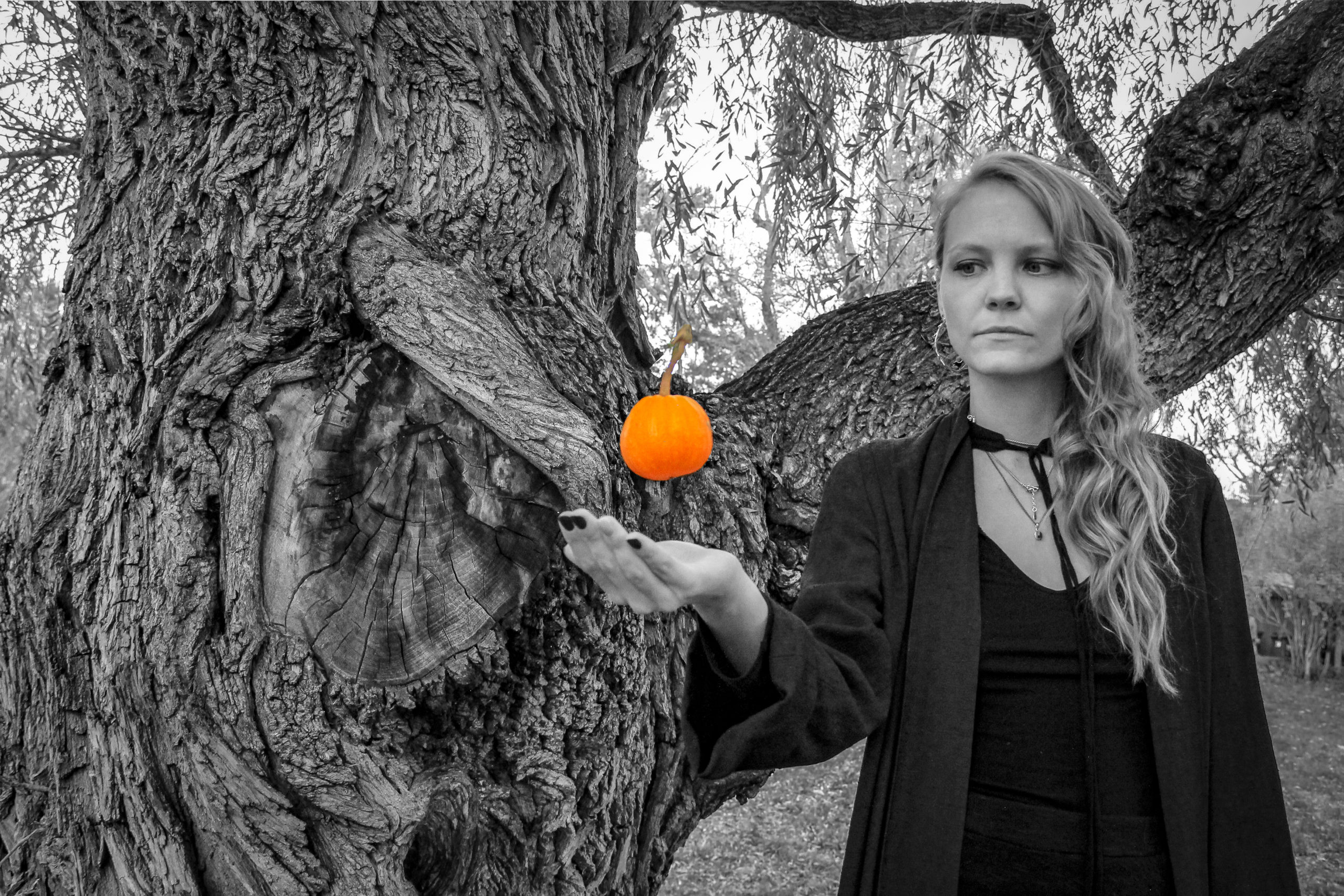 By Assistant Professor Jordan T. Quaglia, PhD & Graduate Research Assistant Katreina Casale
By Assistant Professor Jordan T. Quaglia, PhD & Graduate Research Assistant Katreina Casale
Research Highlights: The What, How, & Why
Are some of the monsters lurking under your bed really just hungry for compassion? In this special Halloween Research Highlight, we delve into the topic of fears of compassion. Instead of actual monsters in hiding, we’ll be reviewing research by Gilbert, McEwan, Matos, and Rivis (2011), who proposed that there exist internal barriers to compassion, whether for ourselves, others, or when receiving compassion from others. In addition to being an interesting research topic, we’ve found that exploring compassion through the lens of our fears can help us to personally reflect on why we may sometimes shy away from compassion. You can explore and master more of these teachings and topics when you earn your Clinical Mental Health Counseling master’s from Naropa.
What were the main findings?
Gilbert et al. (2011) explored three different types of compassion fears: 1) fear of compassion for yourself, 2) fear of compassion for others, and 3) fear of compassion from others. The researchers also measured variables to assess attachment style, mental health, and self-criticism. The researchers found, for those who feared compassion most, there was generally higher self-criticism, insecure attachment style, and higher levels of stress, anxiety, and depression. Moreover, the researchers discovered high self-criticism not only corresponded with finding it harder to have self-compassion, but also to receive compassion from others. Finally, the researchers found that both fear of self-compassion and fear of compassion from others were positively correlated with fear of compassion for others.
How was the research conducted?
The researchers developed different self-report scales for each type of compassion. Here’s an example item for each type of compassion fear:
Self-compassion: “I fear that if I am more self-compassionate, I will become a weak person.”
Compassion for others: “I fear that being too compassionate makes people an easy target.”
Compassion from others: “If people are friendly and kind, I worry they will find out something bad about me that will change their mind.”
The researchers also used existing, validated scales to explore relationships between fears of compassion and mental health, attachment style, and self-criticism. The studied population consisted of mostly students and a smaller population of therapists, studied separately. The results differed slightly among these populations, but here we focus on the student results.

Why do these findings matter?
Compassion is an affiliative emotion, meaning it helps us feel connected to others. When we feel connected to others in this way, research suggests that we are naturally more able to regulate ourselves when feeling threatened or isolated. If there are internal barriers to the affiliative emotion of compassion, such as with self-criticism, we may have greater difficulty regulating negative feelings. In fact, the researchers of this article suggest that, without clearly addressing our fears of compassion, we may actively resist compassion and its beneficial consequences. Conversely, enhancing compassion of various kinds could help us feel not only more connected to others, but also more capable of responding to life’s “slings and arrows.” For these reasons, becoming more aware of our fears around compassion could be an important step on our journey toward greater well-being. Or as the founder of Naropa University, Chögyam Trungpa Rinpoche, said, “The starting point on the path of fearlessness is the discovery of fear.”
Your Turn
What do you think about this study? Is it helpful to become more aware of our fears about compassion? Might fears about compassion reflect confusion about what compassion really is? Do you think showing ourselves more compassion can make a difference in our lives? What about in the world? Let us know your thoughts! And good wishes from our team for a compassionate Halloween!
For further exploration into these topics, check out our Clinical Mental Health Counseling degree programs inspired by Buddhist counseling psychology.
References
Gilbert, P., McEwan, K., Matos, M., & Rivis, A. (2011). Fears of compassion: Development of three self‐report measures. Psychology and Psychotherapy: Theory, Research and Practice, 84(3), 239-255.



